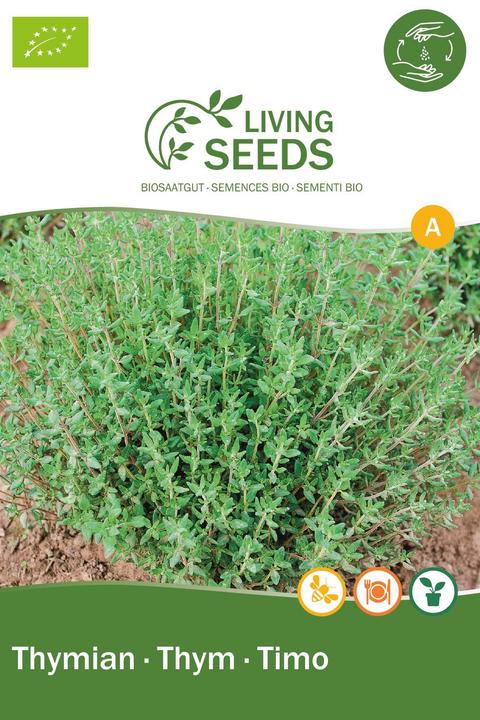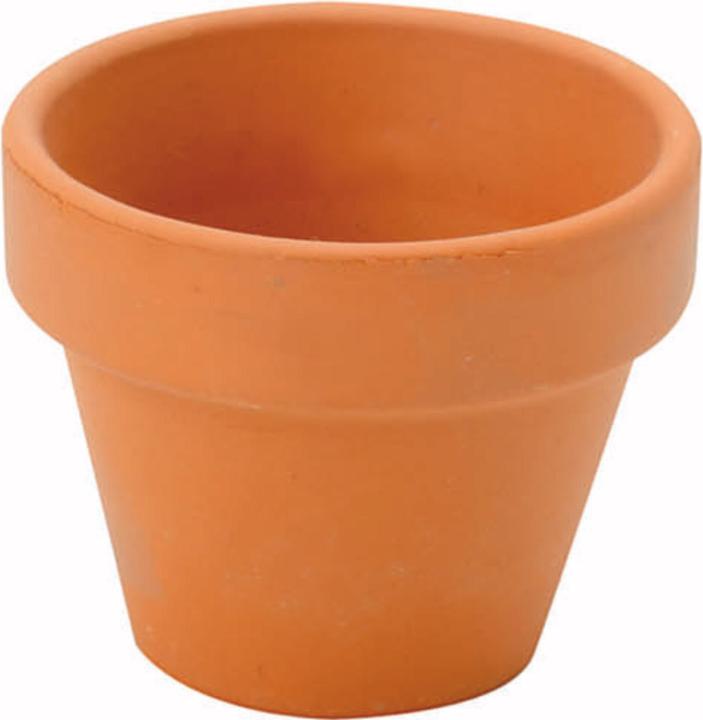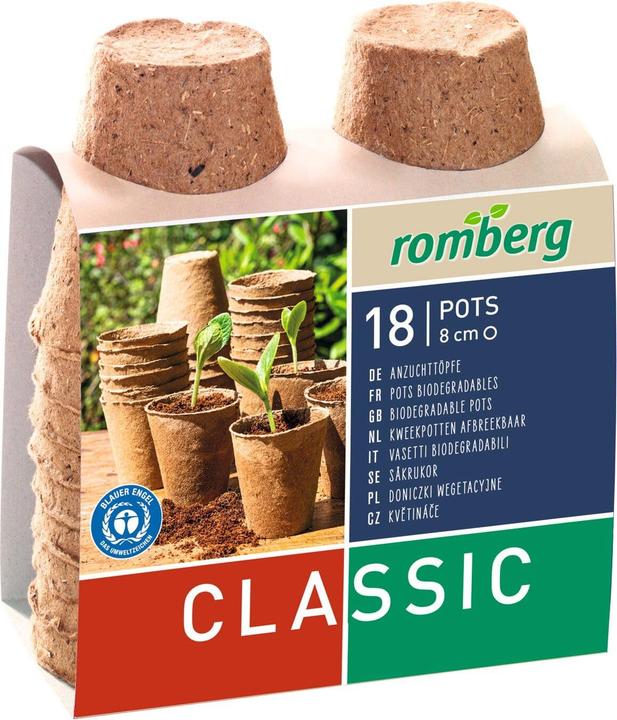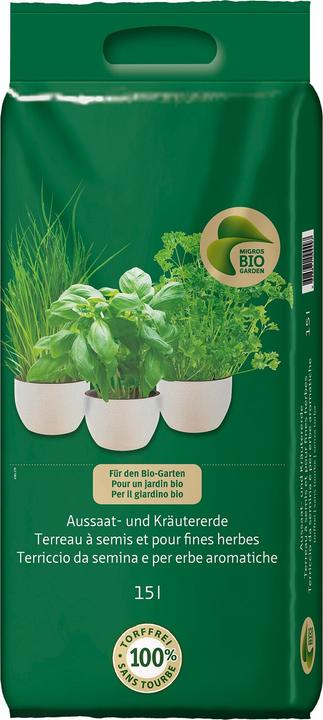

No garden or balcony? No problem! How to grow herbs indoors
Growing herbs indoors is supposedly just as doable as growing them outside. After a previous parsley flop, I’m daring another go – and hoping my verdant youth translates into a green thumb.
I’m fresh off my vacation, the spice of Lisbon’s cuisine still on my tongue. One glance into my own spice cabinet – and poof, the bubble’s burst. Shrivelled dried herbs are all I’ve got. How I’d love to sprinkle fresh oregano over my pasta ... Here’s the thing: due to a previous miserable attempt to grow parsley, I’d long given up on any notion of having a green thumb. Time to change that. According to various online sources, growing herbs in your living room is quite simple. I want to give it a go. Commence «Experiment Indoor Herb Garden».
The optimal spot
For sprouts to thrive, they need a bright place, facing south or west. Important: don’t place them on top of a heat source. «Rats!» I think to myself. My windowsill is right above my radiator. Lucky for me, I turned it off a while back due to the warmer weather. Let’s just go with it.
The right herbs
Not all herbs will be happy in every part of your apartment. While basil, parsley and chives like partial shade, Mediterranean herbs such as rosemary and oregano especially shoot up in sunny spots. So that’s why my poor parsley previously passed away! This time I’m determined to get it right. Because of my hot attic apartment and sunny windowsill, I opt for the Mediterranean herbs sage, thyme and oregano.
The right pot
If you insist on germinating your herbs in pretty, decorated pots, you won’t get far (sorry, my poor parsley). Plain terracotta or clay pots, or growing pots made of coconut fibre and cellulose are best for growing herbs. Once your herbs have sprouted, you can plant the latter alongside them into their final pot. I decide to go for terracotta pots. Each type of herb gets its own pot; after all, birds of a feather flock together.
The best soil
Turns out there’s a lot you can do wrong when it comes to soil, too. Normal potting soil, which I’d previously used with my parsley, contains too many nutrients for young herbs. With a proper seed-starting mix, on the other hand, the seedlings have to work to absorb the few nutrients available and form strong roots as a result. I’m definitely trying that out!
The correct seeds
«To each their own» also applies to seeds. In general, you can distinguish between light and dark germinators. The former (basil, sage, thyme) need sunlight to germinate. The latter (dill, parsley, chives) must be completely covered with soil. Hey, turns out I did at least one thing right with my parsley!
My final thoughts: I’d say it’s not quite so breezy to create the optimal conditions for an indoor herb garden. Each herb has its own individual needs, even when it comes to watering. Mediterranean herbs like it drier than parsley and chives. A universal principle is that no herb enjoys waterlogging; it should be avoided in any case. I’ll have to find out for myself how to make all this work.
I wonder if my plants will have grown wildly in a few weeks, or if my pots will be filled with a prominent void. I’ll keep you posted. Follow my author profile to get an e-mail notification as soon as I publish my next article.
Wish me luck!
Header image: Shutterstock
I love anything with four legs or roots - especially my shelter cats Jasper and Joy and my collection of succulents. My favourite things to do are stalking around with police dogs and cat coiffeurs on reportages or letting sensitive stories flourish in garden brockis and Japanese gardens.
Practical solutions for everyday problems with technology, household hacks and much more.
Show all






